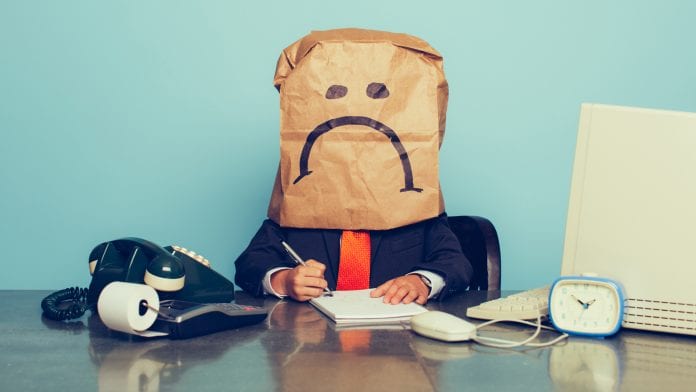
The social psychology of engaging in conversation has always been an intriguing topic, and now researchers present latest findings on how people engage in awkward conversations.
Conversations are fundamental to relationships and well-being, but they often leave people feeling anxious, uncertain, and socially excluded. Social and personality psychologists will present their latest findings on how people engage in casual conversations and awkward conversations, and what aspect of social anxiety means for an individual’s own performance anxiety.
Social psychology fascination with conversation
Social psychologist Gus Cooney, Harvard University, USA, explains: “We’re all fascinated by the fact that conversations are ubiquitous and important, but also widely feared.”
“We’ve all had to ease into new neighbourhoods, or build new friendships, or try to impress new colleagues, and to do these things, we need to know what other people think of us.”
Since people typically to rank themselves well in so many aspects of their lives, Cooney and colleagues want to understand why conversation, especially with strangers and new acquaintances, seems to be everyone’s weak spot.
The confidence paradox
According to research being presented by Erica Boothby, of Cornell University, USA, given 20 everyday activities, people consistently rank their ability to have a conversation at the bottom of the list. The same people also rank others as being better than them at casual conversation.
Boothby and colleagues wanted to identify specific ways that people are under-confident, so they conducted a series of studies asking roughly 700 people about their reactions to possible and actual conversations.
“We not only find that people report feeling under confident in their ability to engage in casual conversations,” says Boothby, “they also tend to attribute the worst moments of the conversations – awkward pauses, conversational missteps – to themselves as opposed to their conversation partner.”
Boothby suggests, that the reality is that things are not as bad as they seem: people are very forgiving in conversations.
Boothby plans to explore how an individual’s perception of conversation can change when they speak with people they know well and hopes to one day find the sweet spot where people’s conversation anxiety starts to go away.
Exploring the perception of awkward conversations
According to Gillian Sandstrom, University of Essex, UK, our fear of speaking to strangers is unfounded. Sandstrom’s research shows that people actually enjoy conversations with strangers, even if they were initially worried about them.
Across a series of studies, before talking to a stranger people consistently endorse a wide range of fears, but after talking to a stranger they report that few of their fears came true.
“A huge part of our happiness comes from our social relationships,” explains Sandstrom, “It’s important that we feel able to connect with new people because today’s strangers are tomorrow’s friends.”
Don’t worry, be happy
The underlying theme of the varying research is to essentially not worry so much about conversation. Everyone is nervous, and things go better than one might expect.







